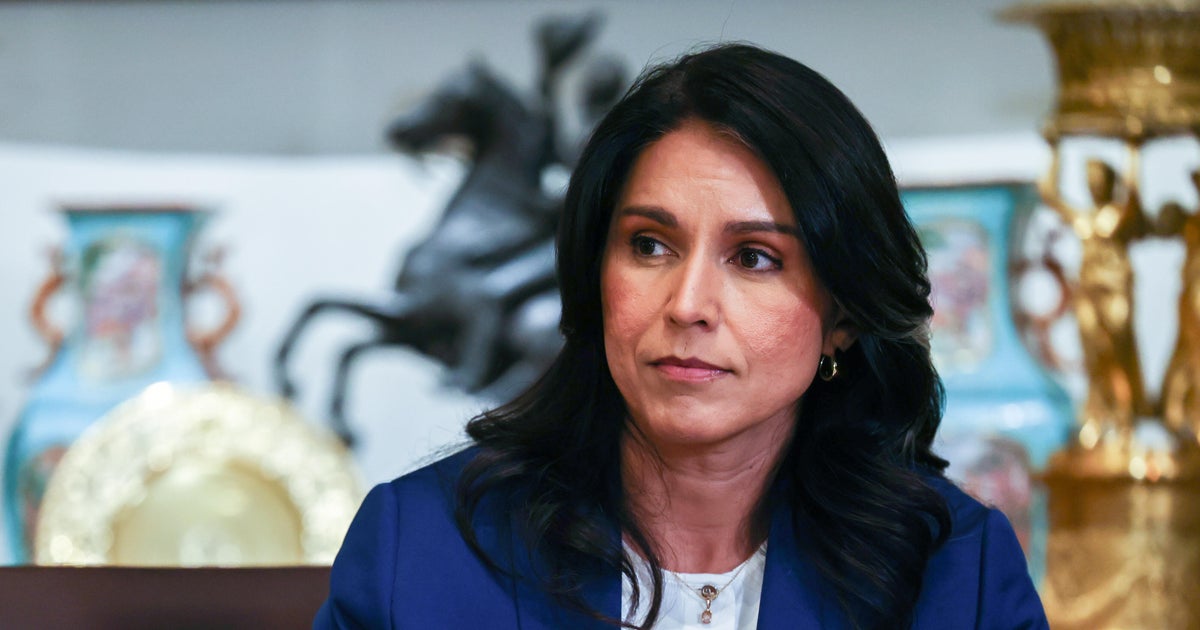The Ukraine crisis presents a stark illustration of the ongoing geopolitical tensions on the European continent. Despite various high-level discussions and international talks aimed at resolving the conflict, the war initiated by Russia shows no signs of abating. Amid this turbulent backdrop, a new development within the United States intelligence community has raised eyebrows and could potentially reshape established international information-sharing practices.
Recently, CBS News disclosed that Tulsi Gabbard, serving as the Director of National Intelligence (DNI) in the U.S., issued a significant directive to the U.S. intelligence agencies a few weeks ago. The directive commands that all intelligence related to the ongoing Russia-Ukraine peace negotiations be withheld from sharing with key U.S. allies in the intelligence community, specifically those part of the Five Eyes alliance. This directive, signed on July 20, has significant implications, not just for the conduct of the negotiations themselves but also for the broader relationships within the international intelligence community.
For those unfamiliar, the Five Eyes alliance is an intelligence-sharing consortium that dates back to post-World War II, comprising the United States, the United Kingdom, Canada, Australia, and New Zealand. This alliance has stood the test of time, evolving through various global challenges and serving as a cornerstone of international cooperation among these nations. The memo specified that any intelligence regarding the ongoing negotiations would be classified as “NOFORN,” indicating no foreign dissemination outside the U.S., a stance that restricts any sharing of analysis or data gleaned with any foreign country, including the close allies within the Five Eyes.
Such a directive is unusual in its scope and has consequences for the operational dynamics of the U.S. intelligence community. The internal memo restricts the flow of information strictly within the confines of the agency that produces or collects the intelligence, barring further dissemination. This approach limits even the traditionally deep-seated coordination on intelligence matters with close allies and partners.
The immediate response from the Office of the Director of National Intelligence, when queried, was to defer comments to the White House, which has remained silent on the matter. However, a day following the CBS News report, Olivia Coleman, a spokesperson for the DNI, denied the claims on the social media platform X, asserting that the “U.S. intelligence sharing relationships with our allies have never been stronger.”
Industry experts and former officials have varying perspectives on the development. Steven Cash, a former CIA and DHS officer, now leading a nonprofit, emphasizes the importance of a unified intelligence strategy among the Five Eyes, particularly when confronting common adversaries and orchestrating collective security measures. The withholding of critical negotiation-related intelligence could distort the common operational picture and disrupt the synthesis of coordinated policy decisions.
The inception of the Five Eyes alliance traces back to Winston Churchill’s era when he articulated the concept of a “special relationship” between the U.S. and the U.K. amidst the emerging Cold War tensions. The alliance was crystallized through agreements formalized secretly to consolidate efforts against Soviet expansion, with other partners like Canada, Australia, and New Zealand joining subsequently.
However, this recent directive by Tulsi Gabbard is purported by some officials to be a strain on these long-standing relationships. Critics like CBS News national security contributor Sam Vinograd argue that such a policy could alienate allies, prompting them to reconsider their intel-sharing practices with the U.S. or even foster new alliances that could exclude the U.S., potentially diminishing U.S.’s access to critical intelligence from these regions.
Conversely, others argue that such measures are standard practice, even within such close-knit alliances. Ezra Cohen, a former Pentagon official and now a fellow at the Hudson Institute, points out that selective withholding of sensitive intelligence is routine and reflects diverging national interests that don’t always align perfectly, even among the closest of allies.
As the war in Ukraine continues unabated, with new offenses from Russia exacerbating the conflict, the true impact of this shift in U.S. intelligence-sharing policy remains to be observed. Ukrainian President Volodymyr Zelenskyy’s recent condemnations of continued Russian aggressions underscore the urgent need for effective diplomatic engagements and intelligence operations that could help mitigate the crisis. Whether this change helps or hinders that process will be a subject of keen scrutiny in the days ahead.









